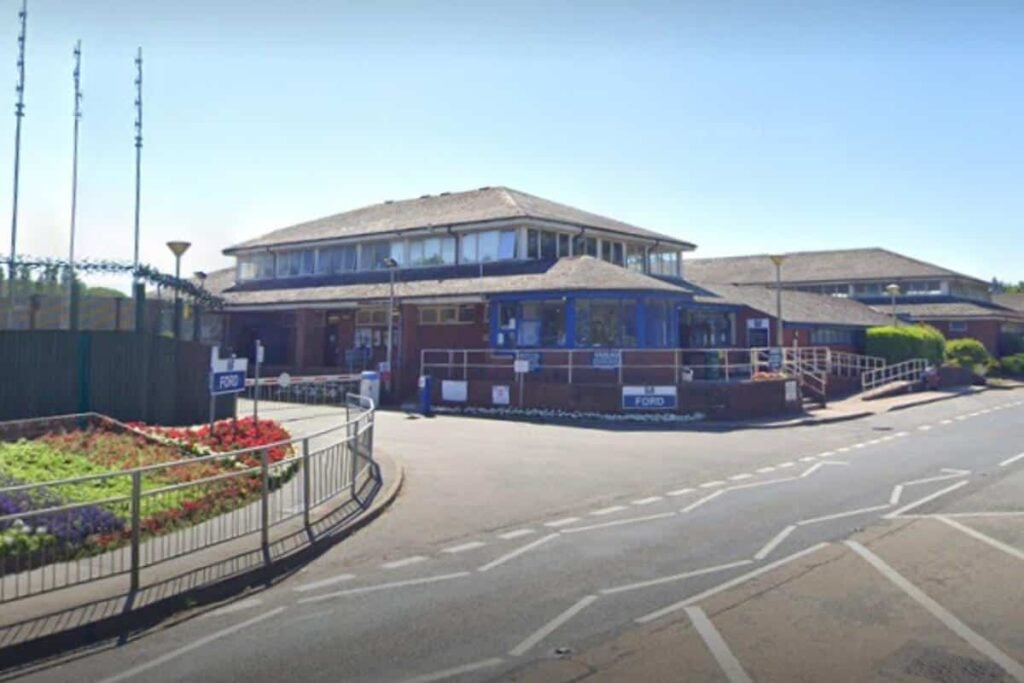Ford Prison History

Ford Prison History – Ford Open Prison is one of the oldest prisons in England and Wales, with a history dating back to the 18th century. Located in West Sussex, the prison houses up to 600 convicted criminals and is known for its unique approach to rehabilitation.
Ford Prison has a long tradition of providing inmates with a safe and secure environment while aiming to provide quality resources and support to help them reintegrate into society. With its focus on rehabilitation, Ford Prison has earned the reputation of being one of the most rehabilitative prisons in the UK.
The prison works to ensure that inmates are provided with the knowledge and skills they need to make successful changes to their lives. It offers a variety of courses and activities, such as educational classes, vocational training, and leisure activities. It also provides regular visits from members of the prison staff and external organisations, such as local charities and community groups.
Ford Prison also works to address the issues of bullying, substance abuse, and mental health. Through its dedicated team of staff, it is able to provide the necessary support and resources to help inmates cope with difficult situations and make positive changes in their lives.
Ford Prison is an example of how a prison can be used to rehabilitate and reintegrate convicted criminals back into society. It is a testament to the power of rehabilitation and an example of how prisons can be used to create positive change.
History of Ford Prison
HM Prison Ford is a Category D men’s prison, located at Ford, in West Sussex, England, near Arundel and Littlehampton. The prison is operated by His Majesty’s Prison Service and houses convicted adult males [1]. The prison has been around since the 18th century, and in 1960, it was converted to an open prison with a capacity of 521 [2]. In 2006, 70 people absconded from the prison, including three murderers serving the last three years of their sentences, prompting an enquiry into the prison’s security [3]. In March 2009, an inspection report from Her Majesty’s Chief Inspector of Prisons found that inmates were leaving the prison complex at night to acquire alcohol, and in July 2010, managers apologised after Muslim prisoners were served burgers containing pork. In February 2011, a Sun newspaper journalist successfully broke into the jail and provided details of lax security. Since then, the Prison Service has announced that it will undertake an enquiry into the incident.


